In Adam Sandler’s 1998 comedy The Wedding Singer, the actor’s emotionally distraught Robbie Hart discovers a selection of mismatched outsiders he deems “the mutants over at table 9.” Imagine an entire film centering on the wedding attendees that have all been relegated to just such a position at a wedding reception, and you have a solid idea of what Table 19 at first appears to be shooting for. Yet, while the film clearly purports itself to be an alternative take on the concept of a wedding comedy, it cannot resist the temptation to embrace cliché before the credits roll.
Written and directed by Jeffrey Blitz of the Comedy Central series Review, the film follows post-breakup Eloise (Anna Kendrick) as she and a group of strangers wind up sharing seats at the titular table. Before long, the awkward chitchat kicks in, and the gang — including a struggling married couple (Craig Robinson and Lisa Kudrow), an oblivious former nanny (June Squibb), a horny teenager (Tony Revolori) and a peculiar convict (Stephen Merchant) — finds itself getting caught up in a series of misadventures that just might reveal that this disparate group isn’t as diverse as it may seem.
Although Kendrick is the film’s ostensible lead, Table 19 actually works best as an ensemble comedy piece, with Revolori (The Grand Budapest Hotel) and Squibb (Nebraska) the natural standouts. The movie does feature a handful of genuinely witty one-liners and clear demonstrations that its principal cast has comic timing to spare, even if the gags they’re performing are often repetitive and uninspired. However, what really does Table 19 in is how it starts as a dialogue-driven character piece — an earmark of writers Jay and Mark Duplass, who receive story credit here — but ultimately tries to be a sort of modern riff on The Breakfast Club (a comparison even the film itself subtly alludes to at some point).
Rather than being stuck in detention, Eloise and company are trapped at the least desirable table at a wedding where no one really wants them, and this fact inevitably gives way to them all developing a greater understanding of and empathy for each other’s personal struggles. Still, without the well-drawn characters and unifying social commentary of the high school experience, Table 19 is a far cry from John Hughes’ 1985 classic. Instead, what moviegoers end up with is a superficial mishmash of genre conventions that barely hangs together as a coherent narrative. Even those who find its first half charmingly endearing (Kendrick, after all, is up to her usual “adorkable” routine) may experience a sense of whiplash when the tone drastically shifts halfway through.
What results from that point on stretches incredulity beyond the breaking point, ultimately culminating in the most egregious third-act reversal since Batman realized that he and Superman both had moms named Martha. Any momentum Table 19 had built up (not much, to be honest) comes to a screeching halt, and Blitz’s film transforms wholly into the emotionally insincere piece of Hollywood fluff that it at first appears to lampoon. It simply tries too hard to weave headier material in with the slapstick and wry commentary, undermining its own tone in one swift move as a blatant and predictable attempt to tug at the heart strings.
At one point, a character observes that “people do weird things at weddings,” and one might think that perhaps this broad statement is the point of Table 19, how the nuptials of others heighten our own emotional turmoil. But Table 19 is really more of a concept in search of a story than anything else. The characters are never developed enough, the jokes fall flat far too often and the drama rings false at every turn, as if the creative team felt the pressure to send test audiences out into the world with the warm fuzzies. One can almost imagine a Sia cover of “Don’t You (Forget About Me)” force-fed over the credits.
Prior to Table 19, Blitz’s last narrative feature was the Oscar-nominated 2002 documentary Spellbound, and perhaps he’s been away from the big screen too long to craft a self-contained story. To be fair, his work on television series like The Office and Review has garnered praise. Maybe his offbeat sensibility is simply a better fit for the long-form storytelling of television than film. It’s easy to see Table 19 working as a limited comedy series, allowing the characters time to breathe and the audience the opportunity to better connect to the their lives. As it stands, though, Blitz has delivered the kind of film where things happen because they need to in order to prolong the runtime, where behavior defies logic and where comedy and drama sadly do not mix.

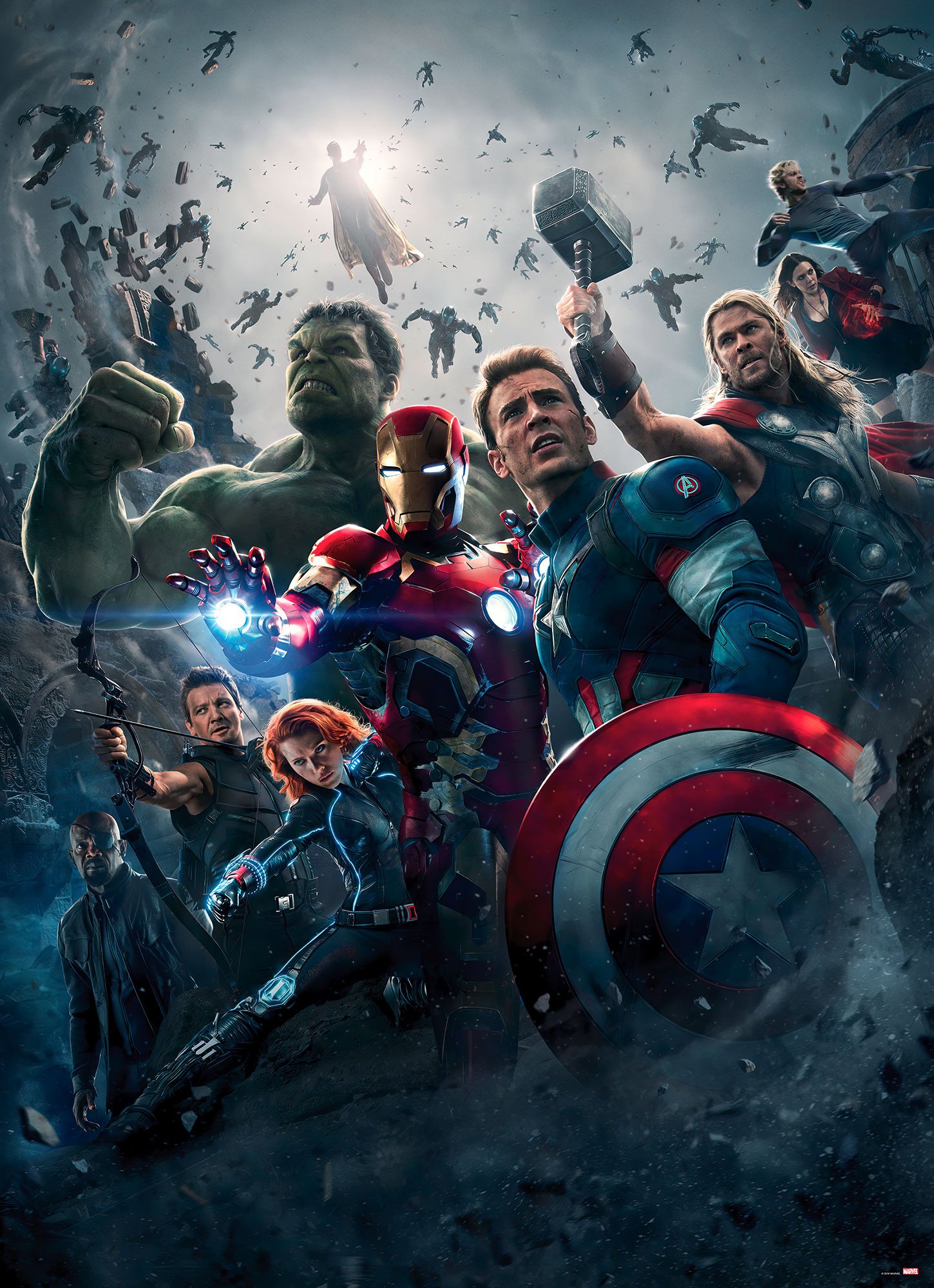

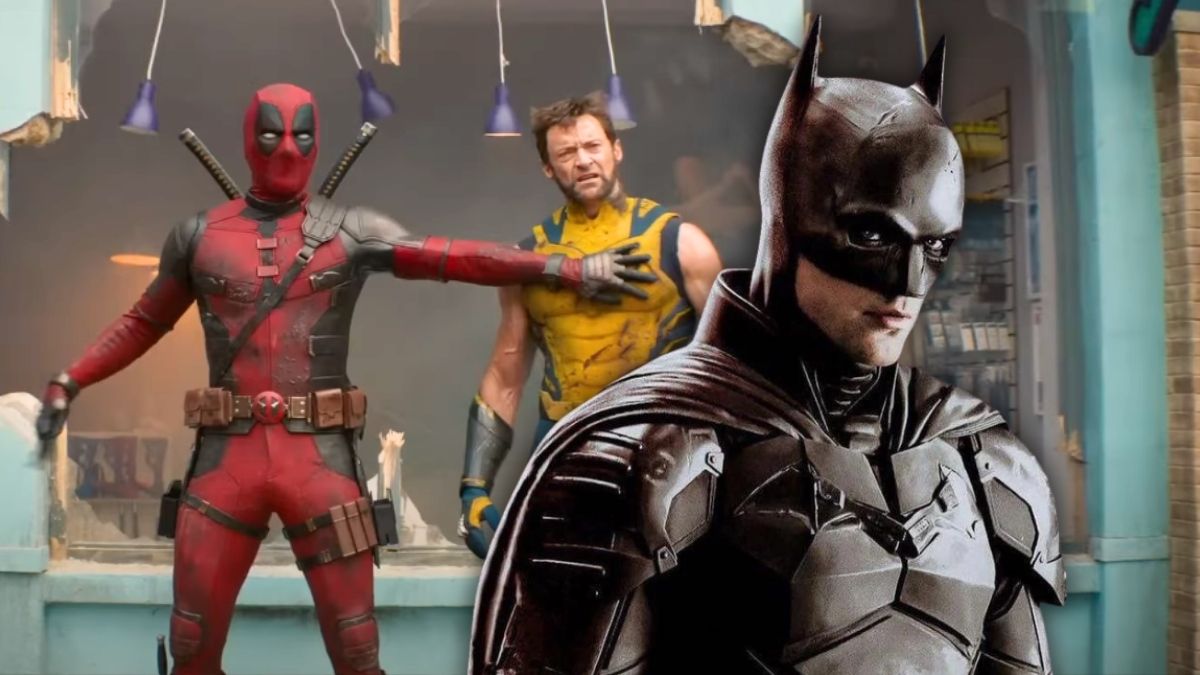
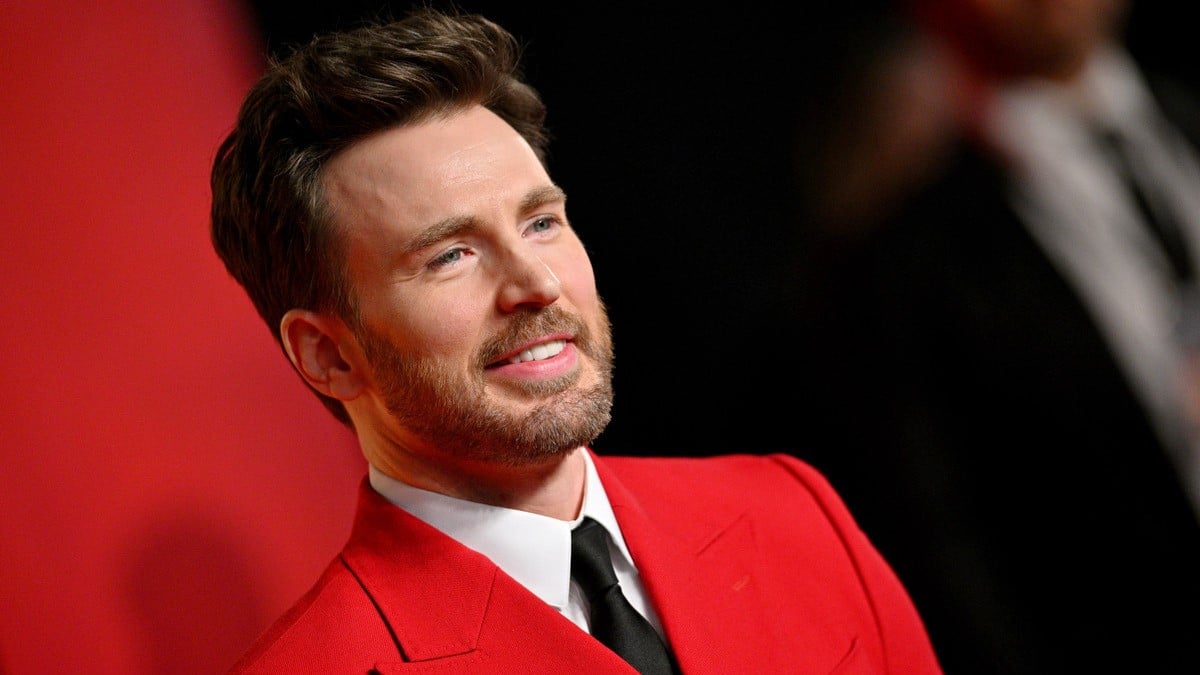
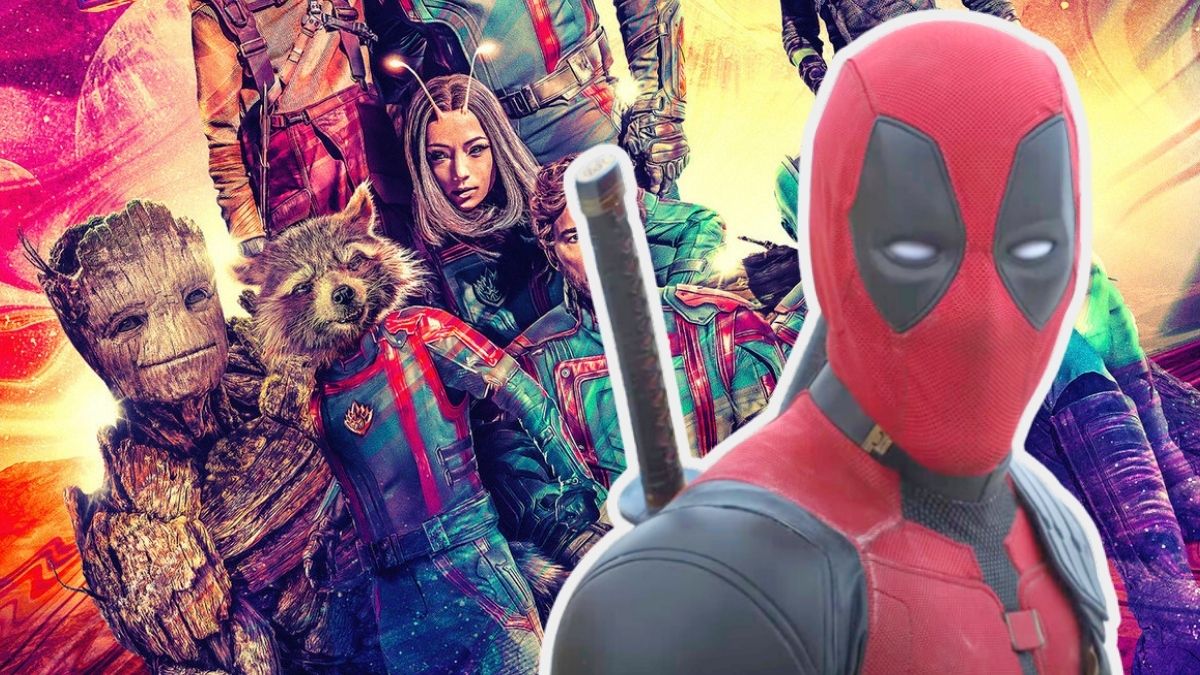
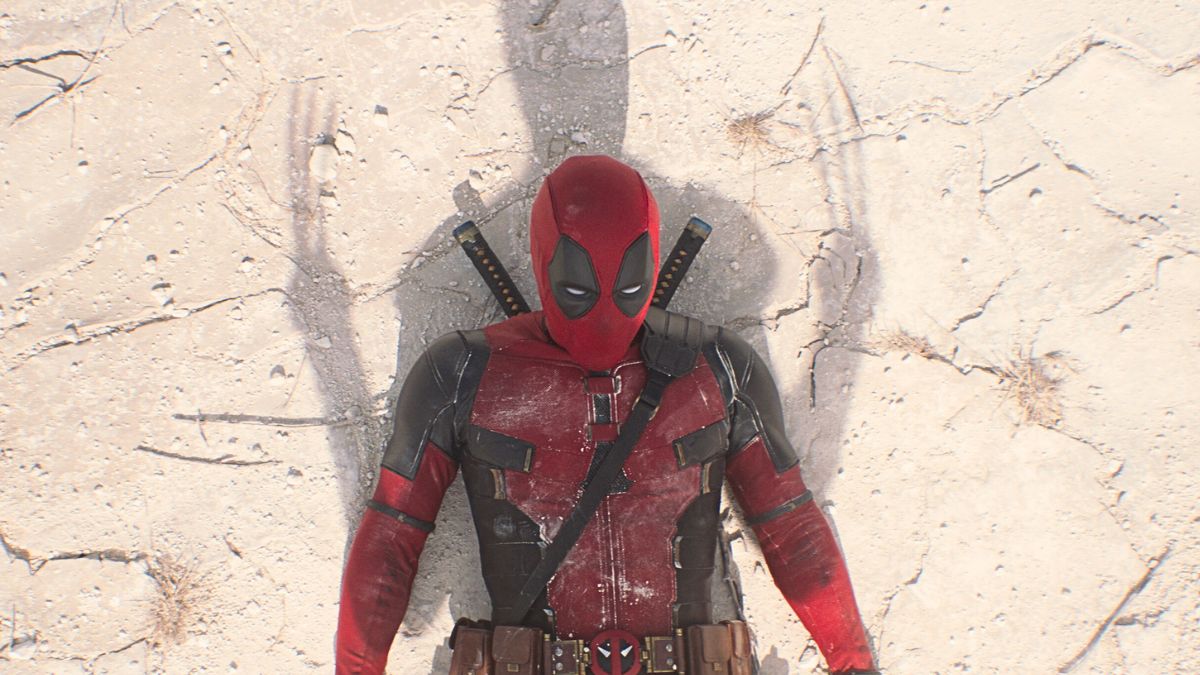
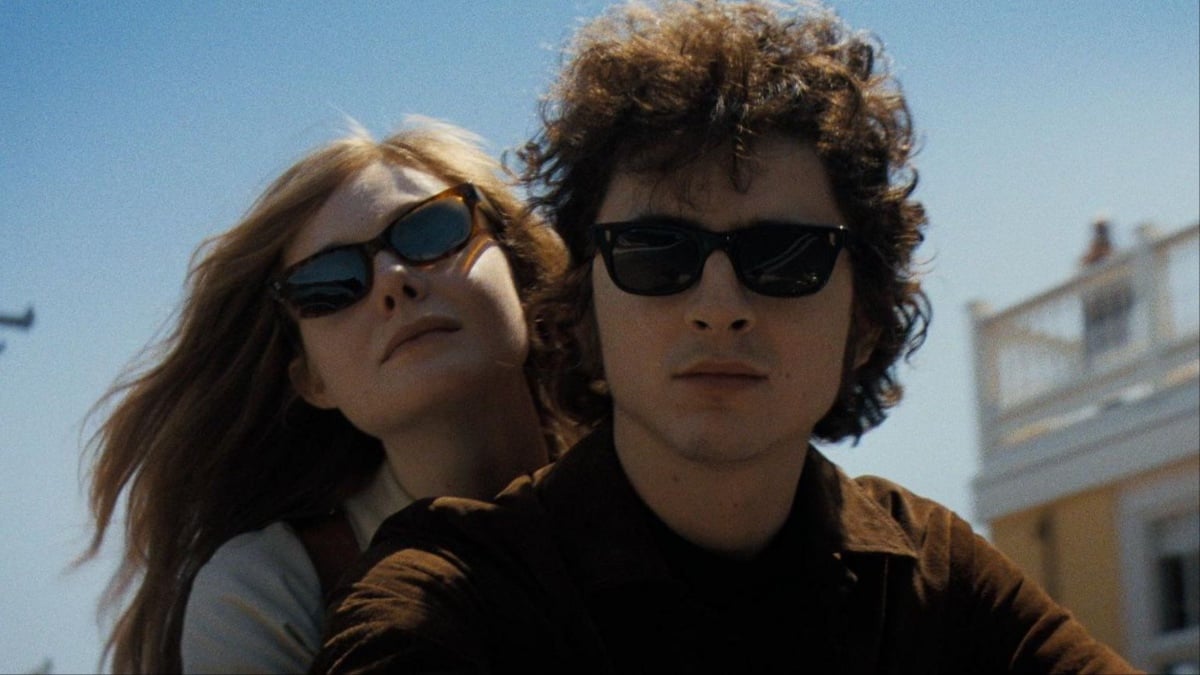
Published: Mar 3, 2017 06:42 pm